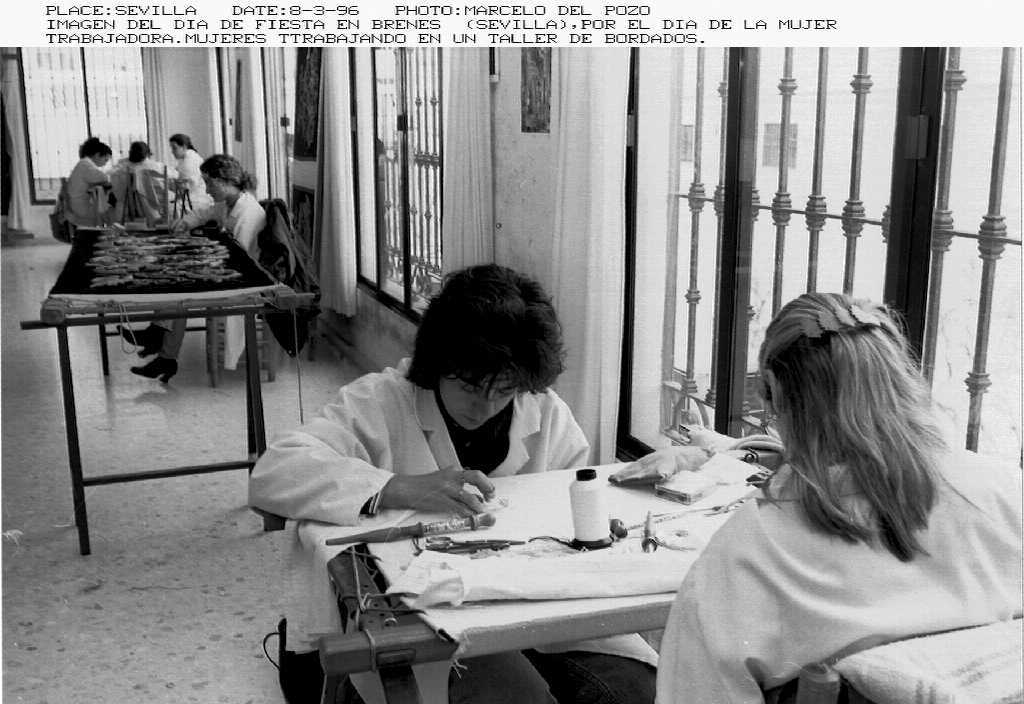The calculation of women’s social service during Franco’s regime so that women have access to partial retirement will benefit more than 1,800 women.
This is reflected in a written response from the Government to Senator Miguel Ángel Heredia, of the PSOE, on how many women will benefit from the calculation of this service organized by the Women’s Section of the Spanish Falange, which was mandatory from 1937 to 1978.
This service did not compute in order to access partial retirement until a Supreme Court ruling in 2020 ruled that it should, since not taking it into account meant discrimination against women compared to men, who were recognized. military service.
In the response to Senator Heredia, the Government points out that, “taking into account the dates on which it was compulsory and the retirement age, the women who may be favored by recognition as quoted for the period of compulsory female social service, with the limit of one year, for the purposes of accrediting the period of 33 years of contribution” for partial retirement, “they are those who have carried out female social service since 1972 and who will retire this year and in the following six”.
However, the Executive warns that assessing the measure “is very complex because there are no records of women’s social service, it did not have a fixed duration and the obligation to do so was lax depending on what areas.” In any case, estimates that the number of affected “will rise to 268 a year.”
The Executive recalls that women’s social service “was configured as a ‘national duty’ to perform between three and six months in hospitals, schools, canteens or libraries.
It was carried out by single women, between 17 and 35 years old, in order to gain access to a paid job or an academic or official degree, as well as to be able to join an association, obtain a passport or a driving license.
Conforms to The Trust Project criteria
















